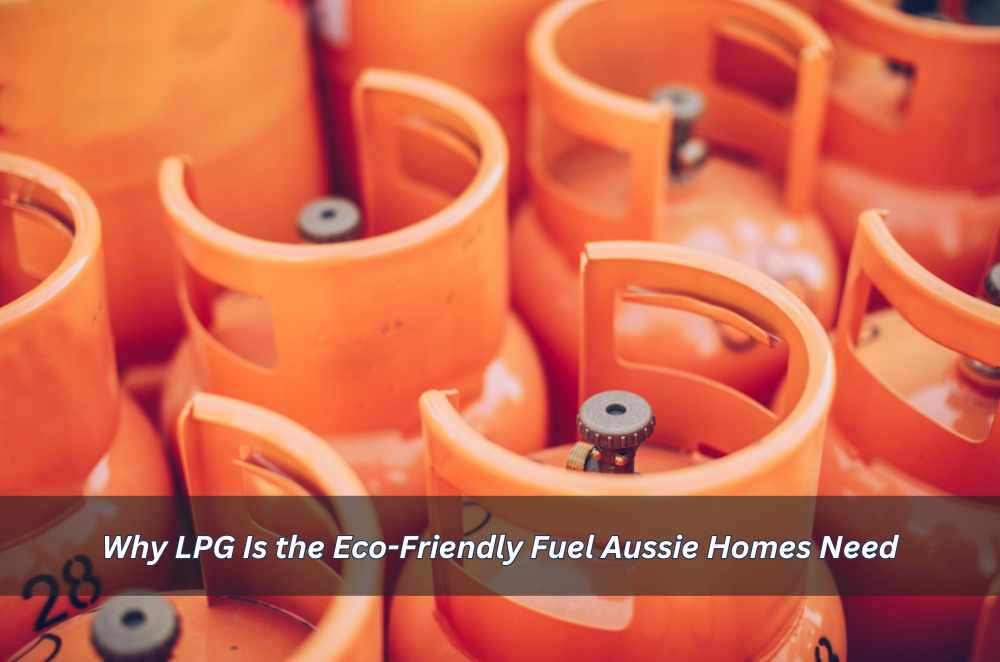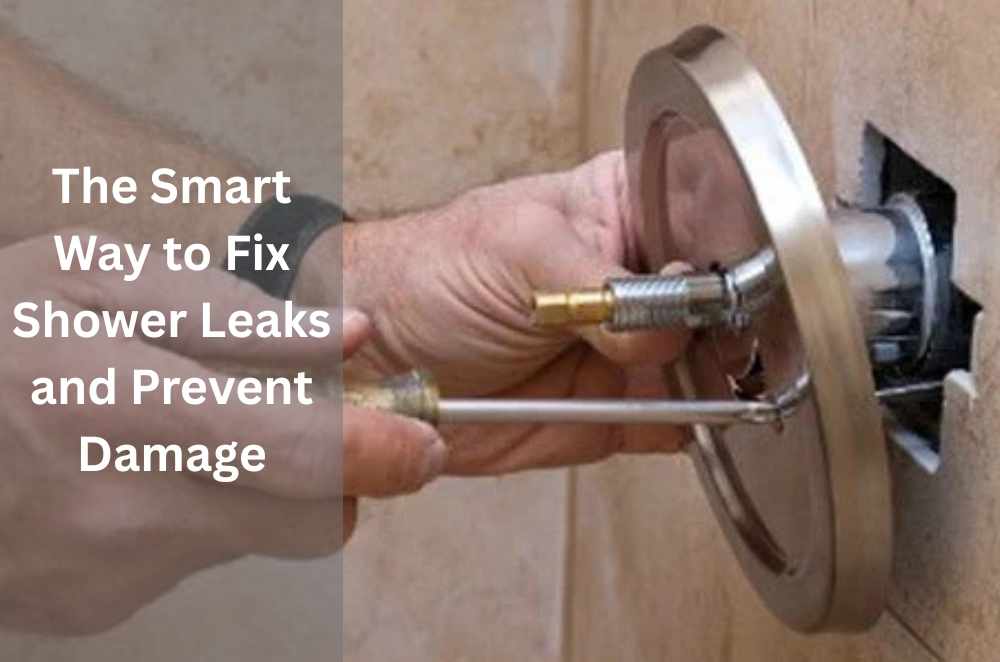
In parts of Australia where mains gas isn’t available, and electricity prices are climbing, more homeowners are turning to LPG. Not just as a backup, but as their main source of heat, hot water, and cooking fuel.
And here’s the twist: it’s not just practical. It’s cleaner than you’d think.
I didn’t give much thought to LPG gas bottle delivery when I moved into a semi-rural rental. But after one cold winter and an unreliable electric water system, I switched to LPG — and haven’t looked back.
LPG is cleaner than most people realise
Let’s address the elephant in the room: LPG is still a fossil fuel. But it burns far more cleanly than coal-generated electricity, diesel, or petrol. In fact, using LPG can reduce your household’s carbon emissions, especially if you're switching from older systems.
Here’s what makes it a greener choice:
Lower CO₂ emissions compared to grid electricity in most states
No soot or smoke, so it's better for air quality
Non-toxic, so even in the case of leaks, it doesn’t pollute soil or water
It’s a byproduct, meaning it uses existing resources
For homes that can’t go fully electric or don’t want to rely on aging infrastructure, LPG is a smart bridge toward cleaner energy.
It’s also reliable — and that matters
I can’t count how many times our power’s dropped out during summer storms. But with LPG, I could still cook. Still run the hot water. Still heat a room.
For rural Aussies, or anyone who’s dealt with patchy grid access, LPG means freedom. And with proper LPG gas bottle delivery, you’re not stuck waiting days for a refill.
It’s more efficient than electric, especially for hot water
A lot of Aussies assume electric is “greener” — but that depends on where your electricity comes from.
Unless your home is 100% solar-powered, there's a good chance your electricity is still sourced from coal or gas plants. Meanwhile, LPG gives you on-demand energy with minimal waste.
In my experience:
Water heats faster and stays hot longer
Cooking is quicker and more controlled
Outdoor heating setups are far more efficient
Plus, there’s no phantom drain. When the gas is off, it’s off. You’re not losing energy through standby modes like with many electric units.
Safety isn’t optional — know the rules
Cleaner energy doesn’t mean you can cut corners on safety. LPG is flammable, pressurised, and needs proper handling.
The NSW Government’s alert on the safe handling of LPG is essential reading.
Key things to remember:
Cylinders must be stored upright and outdoors
You should never use damaged bottles or cracked regulators
Only licensed gas fitters should install or repair your system
If you smell gas, shut it off and get it checked immediately
I once had a slow leak in a regulator that I didn’t notice until a refill ran out too fast. A quick call to a tech saved me a lot of trouble — and probably avoided a bigger risk.
Use the right cylinder, or waste money and gas
Choosing the wrong bottle size is one of the most common mistakes people make. Too small, and you're constantly refilling. Too large, and you’re overpaying for delivery or wasting unused gas.
If you’re unsure what size works for your setup, there’s a good internal guide on choosing the right gas bottle size.
I started with 8.5kg bottles for weekend BBQs and gradually moved to a twin 45kg setup once I installed an LPG-powered hot water system. The difference? Fewer top-ups, no cold showers, and much less hassle.
A growing number of households are switching
Why? Because they’re tired of being at the mercy of the grid. Or because solar doesn’t meet all their needs. Or because they just want something that works.
The benefits of switching to LPG aren’t just environmental — they’re practical.
Energy on demand, even in blackouts
Lower upfront installation costs compared to full electrification
No waiting for power upgrades or smart meter installs
Real control over your usage and cost
It’s energy independence without the massive overheads.
Getting reliable delivery makes all the difference
Let’s be honest — it doesn’t matter how great LPG is if you can’t get a bottle when you need one.
That’s why good LPG gas bottle delivery matters not just for speed, but for safety checks, advice, and actual support.
A proper delivery service should:
Swap bottles quickly and without fuss
Check your regulator, lines, and location
Advise you on usage patterns or system improvements
Help with emergency response if there’s ever an issue
I’ve had drivers flag cracks in old hoses, test for leaks, and even talk to me about pressure settings. That’s the kind of service that makes LPG feel not just greener, but safer and easier too.
Final thoughts: LPG is better than it gets credit for
Most people think LPG is old-fashioned. Or dirty. Or only for the bush.
But the truth? It's cleaner than the grid in many places. It's reliable when nothing else is. And it gives households real control over their energy.
So if you’re ready to cut your carbon, cut your bills, and simplify your setup, the switch is worth a look.
And if you already use LPG? Make sure your LPG gas bottle delivery service is working as hard as you are.


Write a comment ...